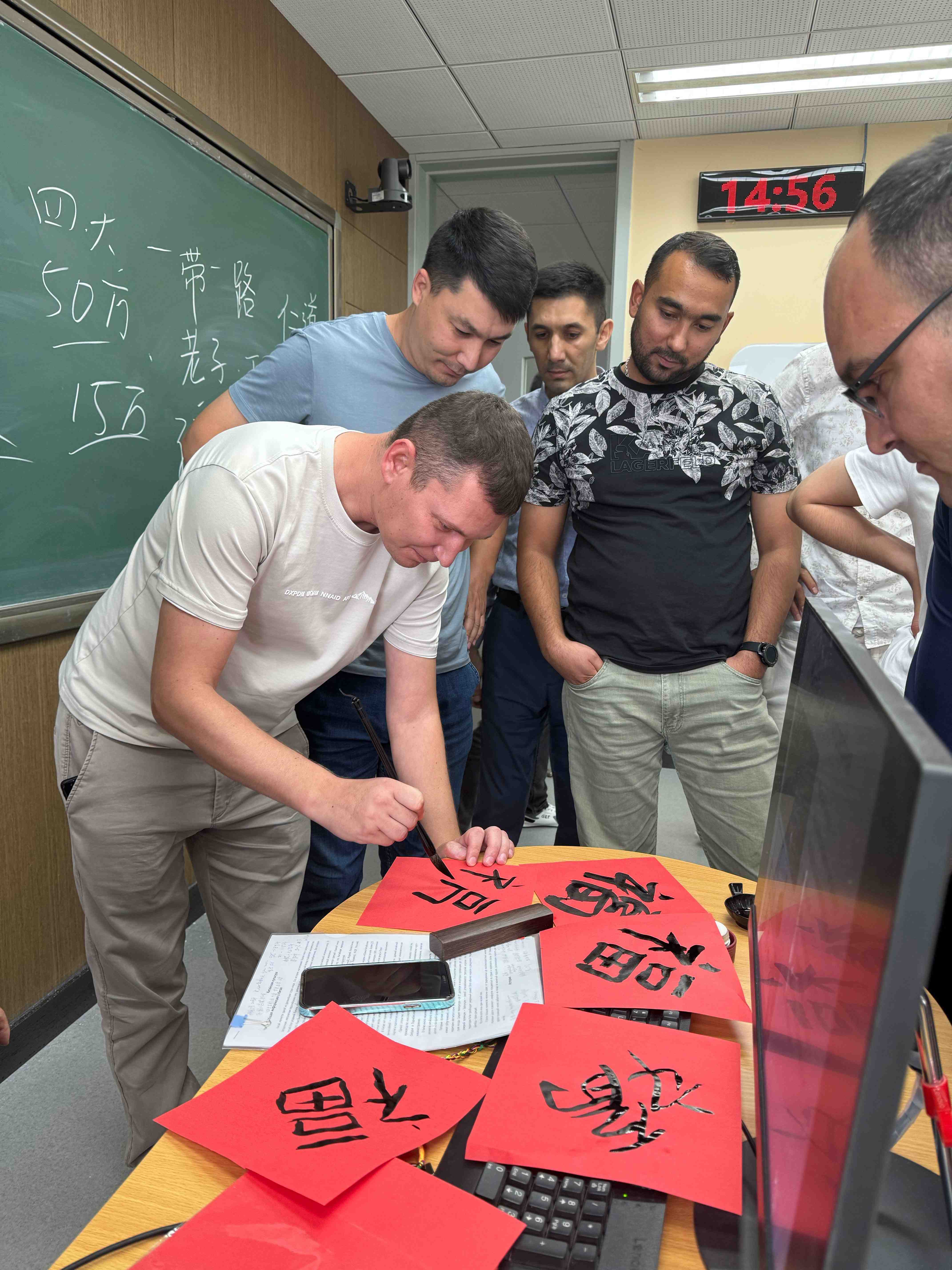
Chinese Language Training Program for CNPCI Turkmenistan
日期:2023-12-06 | 访问量:
Objectives:
Develop basic skills in Chinese listening, speaking, reading, and writing
Learn to recognize over 1,200 Chinese characters and write approximately 800 characters
Communicate confidently in daily life and master 150 petroleum-related Chinese vocabulary terms, aiming to achieve HSK Level III proficiency
Participants: Non-native Chinese speakers from international petroleum companies
Duration: 6 months
Program Content:
Chinese phonetic alphabet, listening, grammar, speaking and reading
Chinese corner
Practical teaching exercises and comprehensive language training
Specialized vocabulary for petroleum industry terminology in Chinese






